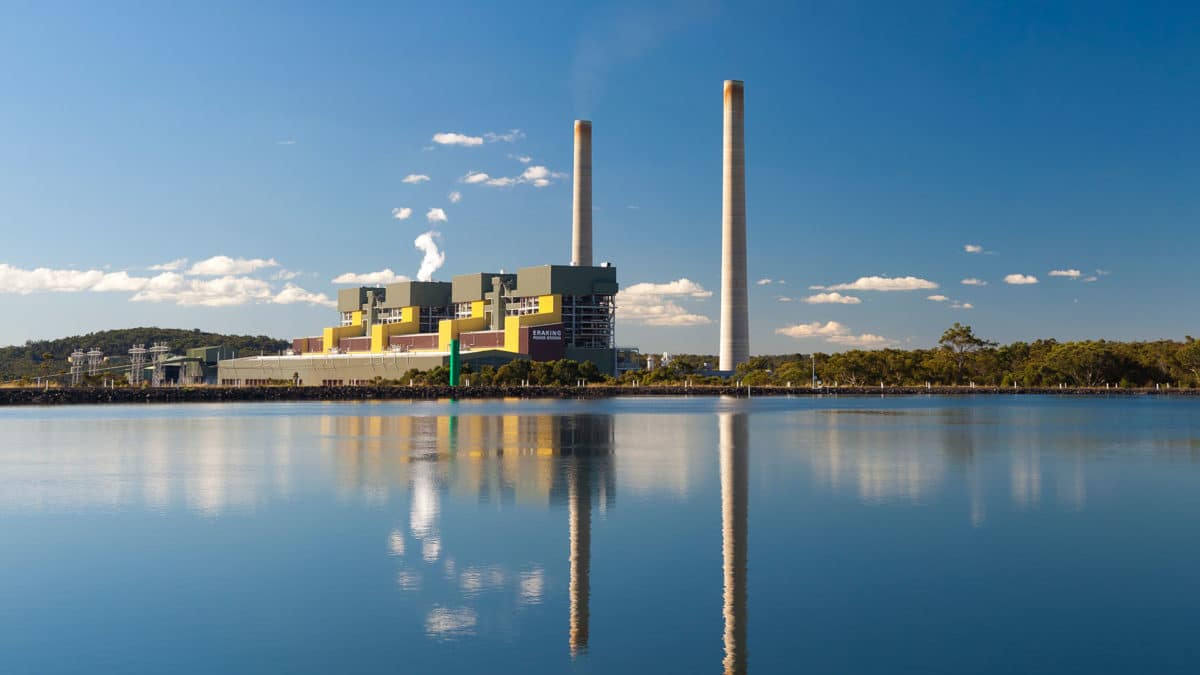Advancing the ‘trojan horse’ play Brookfield initiated last year with its bid for AGL, the Canadian giant and its partners have brokered a $18.7 billion deal to buyout Origin Energy, Australia’s second largest energy generator and retailer.
While its target changed from AGL to Origin over the last 12 months, Brookfield’s strategy of using a major established energy company to accelerate decarbonisation at a globally significant scale remains the same.
Under Brookfield and its newly revealed fellow investors, Singapore giants GIC and Temasek, the business plan is to invest “at least” $20 billion in the next decade to construct up to 14 GW of new renewable capacity.
To put those numbers in perspective, this represents about one-fifth of the what the Australian Energy Market Operator (AEMO) says will be needed by 2030 to reach national targets.
Brookfield also plans to reduce Origin’s absolute emissions by more than 70% by 2030. A decent chunk of this reduction will come from the closure of the Eraring coal-fired power station in New South Wales, slated for retirement in 2025 at the earliest.
During his campaign ahead of the NSW election on March 23, then-opposition Labor leader Chris Minns said he would be open to buying back the 2.8 GW coal generator. With Minn’s election over the weekend, Brookfield has not closed the door to this proposition, but its Asia Pacific CEO Stewart Upson told the Australian Financial Review that such a deal would need to fit into Brookfield’s decarbonisation vision.
The Origin deal
The buyout will see Brookfield, GIC and Temasek take over Origin’s retail and generation business, which currently has a 24% market share in Australia’s national electricity market. Meanwhile, partner MidOcean Energy, managed by US investment giant EIG Partners, will take control of Origin’s gas assets and business.
After months of due diligence and negotiations, the consortium has entered into a Scheme Implementation Deed with Origin to purchase 100% of its shares at $8.91 per share, a premium on current trading prices.
While the deal should be approved by shareholders, it still has to be looked over by both the Foreign Investment Review Board and the Australian Competition and Consumer Commission (ACCC).
Since Brookfield is Canadian-owned, a member country of the Five Eyes security alliance, it is not anticipated to see too many roadblocks from the Foreign Investment Review Board. The ACCC, on the other hand, could prove problematic, especially given Brookfield’s recent takeover of Victorian network AusNet Services.
APAC CEO Stewart Upson is expected to make the argument that national interest (in the form of accelerated decarbonisation) should outweigh any competition concerns.
Brookfield is adamant it has the know-how to realise its ambitious seven-year plan. “Brookfield has the capital, expertise, supply chain strength and global track record that’s needed to transform Origin’s generation fleet to greener sources and accelerate Australia’s energy transition while ensuring network security and reliability,” Upton said.
Indeed, the acquisition will be made via the Brookfield Global Transition Fund, which claims to be the world’s largest private fund focused on the net-zero transition, and is headed up by Mark Carney, one of the world’s most influential climate change power brokers.
Next to its capital and political clout, Brookfield also has significant experience with renewables development, claiming a portfolio with 25 GW of generating capacity and a 110 GW development pipeline globally.
The company says it is also now working with Indian giant Reliance in light of the deal, with the potential for it to come on as a “strategic partner”. While this was the extent of details provided, Reliance is major renewable equipment manufacturer, suggesting Brookfield is already looking to secure supplies once the Origin takeover is approved by shareholders and regulators.
Earlier this month, Brookfield acquired the remaining 50% stake in Spain-based renewables developer X-Elio from its joint venture partner, investment firm KKR.
This content is protected by copyright and may not be reused. If you want to cooperate with us and would like to reuse some of our content, please contact: editors@pv-magazine.com.









4 comments
By submitting this form you agree to pv magazine using your data for the purposes of publishing your comment.
Your personal data will only be disclosed or otherwise transmitted to third parties for the purposes of spam filtering or if this is necessary for technical maintenance of the website. Any other transfer to third parties will not take place unless this is justified on the basis of applicable data protection regulations or if pv magazine is legally obliged to do so.
You may revoke this consent at any time with effect for the future, in which case your personal data will be deleted immediately. Otherwise, your data will be deleted if pv magazine has processed your request or the purpose of data storage is fulfilled.
Further information on data privacy can be found in our Data Protection Policy.